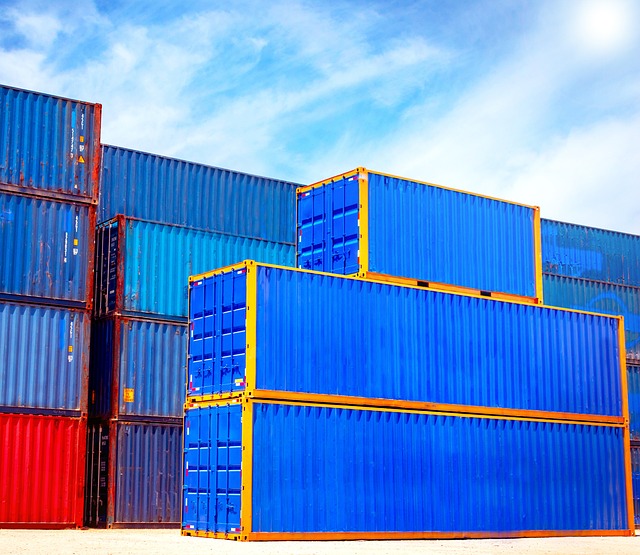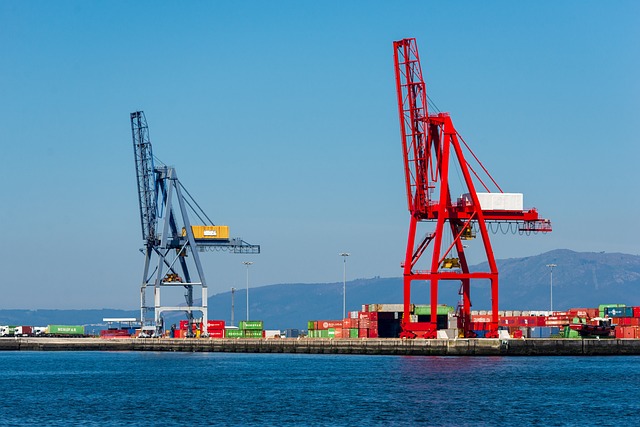In today's globalized UK trade environment, Customs and Trade Documents UK translation services are indispensable for businesses aiming for international success. Professional translators with industry expertise mitigate errors, ensure compliance, and expedite customs clearance, fostering strong trading partnerships and avoiding costly delays. Technology, including machine translation, enhances efficiency while human experts remain crucial for accuracy in complex or sensitive documents. Choosing the right service, characterized by native proficiency, industry knowledge, and ISO certification, is key to navigating regulatory changes and ensuring smooth global commerce.
Professional translations play a pivotal role in facilitating smooth customs clearance and international trade within the UK. With a vast array of documentation, from invoices to shipping manifestos, accurate and reliable translations are non-negotiable. This article explores the significance of high-quality translation services for UK trade forms, delving into specific document types, compliance requirements, common challenges, best practices for selection, and the evolving role of technology in shaping the industry.
- Understanding the Importance of Accurate Translations in UK Trade
- Types of Customs and Trade Documents Requiring Professional Translation
- The Role of Language Services Providers in Facilitating International Trade
- Ensuring Compliance: Adhering to Regulatory Requirements for Translations
- Common Challenges in Translating Customs Documentation
- Best Practices for Selecting a Reliable Translation Service for UK Trade Forms
- Technological Advancements in Machine Translation and Their Impact on the Industry
- Human vs. Machine Translation: When to Use Each for Maximum Efficiency
- Case Studies: Success Stories of Professional Translations in UK Trade Processes
Understanding the Importance of Accurate Translations in UK Trade

In the dynamic landscape of UK trade, where precision and efficiency are paramount, accurate translations play a pivotal role in facilitating seamless operations. Customs and trade documents, often complex and detailed, require professional translation services to ensure their integrity and accuracy across languages. With global markets becoming increasingly interconnected, businesses must navigate the intricacies of international trade, making clear communication an indispensable asset.
Professional translators equipped with expertise in customs and trade terminology can significantly reduce the risk of errors and misinterpretations. They help ensure that critical information on documents like import declarations, commercial invoices, and shipping manifests is conveyed accurately, promoting smooth customs clearance processes. This, in turn, enhances trading partnerships, prevents costly delays, and reinforces the UK’s position as a global trading hub.
Types of Customs and Trade Documents Requiring Professional Translation
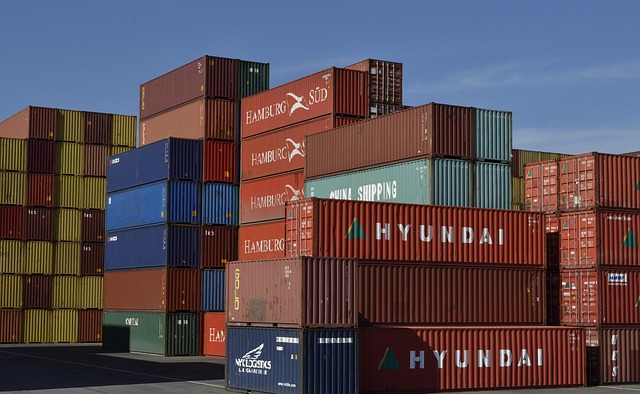
When conducting international trade, a vast array of customs and trade documents are involved. These include commercial invoices, packing lists, certificates of origin, and more. Each document plays a crucial role in ensuring smooth clearance through UK borders and facilitating legitimate trade. Professional translation services are often required to accurately translate these documents, as errors or misunderstandings can cause significant delays or even lead to legal issues.
Customs authorities demand precise and reliable translations to verify the authenticity of submitted paperwork. For instance, a certificate of origin confirms the country of manufacture of goods, while a packing list details the contents of each package. Professional translators with expertise in customs and trade terminology ensure that these documents are translated accurately and consistently, avoiding potential pitfalls like incorrect product descriptions or misleading declarations.
The Role of Language Services Providers in Facilitating International Trade

In today’s globalised market, seamless communication across languages is vital for UK businesses looking to expand internationally. The role of language service providers (LSPs) cannot be overstated in this context. They offer professional translations for customs and trade documents, ensuring that critical information flows smoothly between nations. Accurate translations are essential to avoid delays at borders, fines for non-compliance, and potential reputational damage.
LSPs employ skilled translators who are not just linguistically adept but also possess a deep understanding of the specific terminology used in customs and trade forms. This expertise is crucial for maintaining consistency and accuracy across different languages, ensuring that documents like import declarations, commercial invoices, and shipping manifests meet legal and regulatory requirements. By leveraging LSPs’ services, UK businesses can navigate international trade with confidence, knowing their documentation is both precise and compliant.
Ensuring Compliance: Adhering to Regulatory Requirements for Translations

Ensuring compliance with regulatory requirements is paramount when it comes to customs and trade documents in the UK. Businesses must rely on professional translation services that understand the nuances of legal and technical terminologies, as well as specific regulations governing various industries. Accurate translations are essential to avoid delays at borders, hefty fines, or even legal consequences.
Translation service providers specializing in UK customs and trade documents must adhere to strict quality standards and have expertise in relevant fields, such as pharmaceuticals, agriculture, or finance. They should also be familiar with the latest updates and amendments to regulations, ensuring that every document is not just linguistically correct but also fully compliant with current legal frameworks.
Common Challenges in Translating Customs Documentation
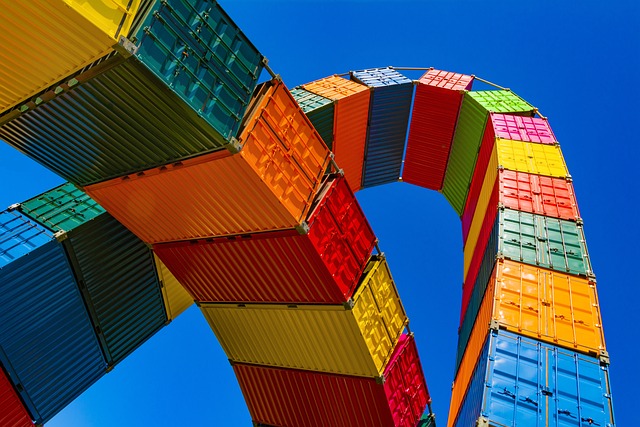
When it comes to professional translations for UK trade forms, particularly customs documentation, several common challenges arise. One of the primary hurdles is the intricate nature of these documents, which often include specialized terminology and complex regulatory language. Accurately conveying this information in a foreign language requires not just linguistic proficiency but also a deep understanding of the relevant industry standards and legal frameworks.
Another significant challenge is maintaining compliance with ever-changing regulations. Customs and trade documents are subject to frequent updates, and what might be acceptable translation today could be out of date tomorrow. Professional UK translation services must stay abreast of these changes, ensuring that every document is translated with the most current terminology and formatting to avoid delays or legal complications during international trade.
Best Practices for Selecting a Reliable Translation Service for UK Trade Forms

When selecting a translation service for UK trade forms, it’s paramount to choose professionals who understand the nuances of customs and trade documents. Opting for native-speaking translators with expertise in your industry ensures accuracy and minimises potential delays at borders. Reputable firms should also possess ISO certification, demonstrating their adherence to quality standards.
Moreover, thorough research into a provider’s process is crucial. Established services offer project managers dedicated to handling your files, ensuring consistent communication. Consider those that provide machine translation, but don’t rely solely on it—human review and editing are essential for precision. Remember, using the right translation service can streamline your UK trade processes, fostering smooth and efficient customs clearance.
Technological Advancements in Machine Translation and Their Impact on the Industry

Technological advancements in machine translation (MT) have significantly impacted the professional translation industry, particularly for customs and trade documents in the UK. Modern MT systems leverage neural networks and large language models to deliver more accurate and contextually appropriate translations than ever before. These breakthroughs enable faster processing times, making them invaluable for handling high-volume documentation required in international trade.
UK translation services are increasingly adopting these innovations while maintaining the precision and cultural sensitivity essential for legal and commercial documents. By combining machine power with human expertise, professional translators can ensure that technical terms, idiomatic expressions, and regulatory nuances are consistently conveyed across languages. This hybrid approach not only enhances efficiency but also guarantees the integrity of translations in a rapidly evolving global trade landscape.
Human vs. Machine Translation: When to Use Each for Maximum Efficiency
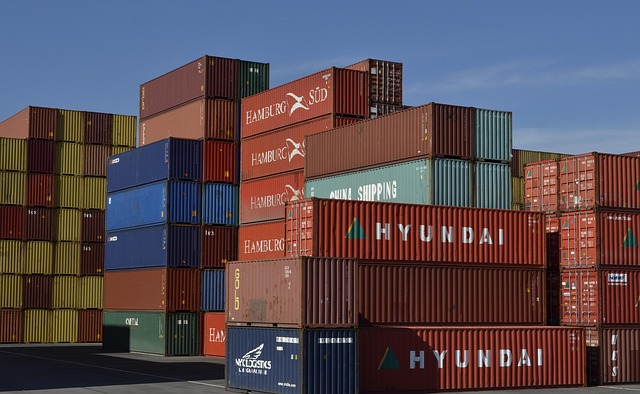
When it comes to professional translations for UK trade forms, especially customs and trade documents, choosing between human and machine translation is crucial for maximum efficiency. Human translators excel at understanding context, nuances in language, and cultural subtleties, ensuring accurate and natural-sounding translations that adhere to industry terminology. They are ideal for complex or sensitive documents where precision and legal compliance are paramount.
On the other hand, machine translation offers speed and cost-effectiveness, making it suitable for high-volume, non-critical documents. Advanced machine translation technologies can now handle many languages with impressive accuracy, saving time and resources. However, for Customs and Trade Documents UK translation services, human expertise remains indispensable to navigate the legal and regulatory landscape, ensuring compliance and avoiding potential issues that could delay trade or lead to errors in documentation.
Case Studies: Success Stories of Professional Translations in UK Trade Processes

Professional translations have become indispensable for UK businesses navigating complex international trade. Consider a case where a small export-oriented manufacturing firm in Manchester needed to expand its operations into Europe. To comply with customs and trade documentation requirements across various countries, they partnered with a reputable UK translation service. The translators, fluent in both English and the target languages, meticulously converted their product specifications, safety manuals, and quality certificates, ensuring full compliance with European Union standards. This seamless translation process streamlined their entry into new markets, demonstrating the significant role professional services play in facilitating international trade.
Another success story involves a global logistics company headquartered in London. They required precise translations of customs declarations, shipping documents, and contracts for operations spanning multiple continents. By leveraging advanced machine translation technologies and human expertise, the translation service provider delivered accurate, culturally appropriate documents in record time. This enabled the logistics firm to maintain efficient supply chain operations, minimize delays at borders, and enhance customer satisfaction across international boundaries. These examples underscore the critical importance of professional UK translation services in simplifying customs and trade document processes for businesses engaged in global commerce.
Professional translations play a pivotal role in ensuring seamless international trade within the UK. As highlighted throughout this article, accurate and compliant translations of customs and trade documents are essential for efficient navigation of complex regulatory environments. The reliable use of language service providers armed with advanced technologies, such as machine translation, enables businesses to overcome challenges, expedite processes, and thrive in global markets. When selecting a translation service, adherence to best practices ensures compliance with UK regulations, fostering successful trading partnerships worldwide.
